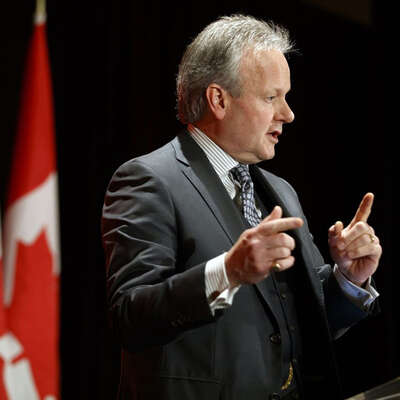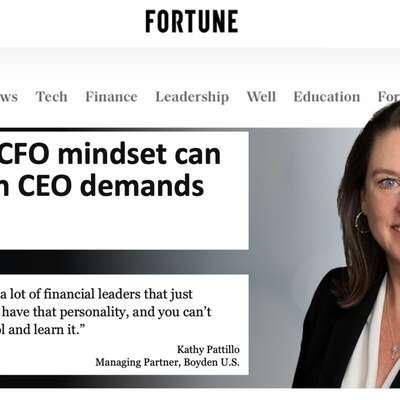Boyden Canada was selected to recruit new Governor for Bank of Canada this year as Stephen Poloz ends his seven-year term in June.
This article was originally published on Bloomberg's website. Click Here to view the original article.
The Bank of Canada has officially started its recruitment effort for a successor to Stephen Poloz, who is stepping down as governor at the end of his seven-year term in June.
A job description posted by executive search firm Boyden says the central bank is seeking someone who can “build upon the current organizational culture” and further burnish its “reputation for integrity, innovation and clear, open communication” as it enters the new year an outlier among its advanced-economy peers on interest rates.
Poloz, who has held Canadian borrowing costs steady since October 2018 even as the Federal Reserve and other central banks eased monetary policy, announced this month that he wouldn’t seek a second term. Deciding on his replacement is one of the most important decisions facing Prime Minister Justin Trudeau’s government after securing a weakened second mandate this fall.
In its last rate decision of 2019, the Bank of Canada cited a tightening labor market as a main reason why it bucked the global easing trend and kept its policy rate at 1.75%. Domestic data since then has been weak, with gross domestic product shrinking for the first time in eight months and the nation suffering its biggest jobs loss since 2009. But household debt levels near record highs are restraining the bank’s ability to cut rates.
Early front-runners for the job include Carolyn Wilkins, Poloz’s top deputy governor; Jean Boivin, the head of BlackRock Inc.’s research unit in London; and Tiff Macklem, dean of one of Canada’s most prestigious business schools, and a former No. 2 at the central bank.
The job posting mirrors the advertisement in 2013 after Mark Carney’s departure for the the Bank of England and includes a line that the central bank encourages applications from “women, Indigenous peoples, veterans, persons with disabilities, members of visible minorities and persons of all races, ethnic origins, religions, abilities, sexual orientations, and gender identities and expressions.” Trudeau kept his cabinet gender balanced -- with women filling half the ministerial posts -- as he started his second term after a bruising election in October.
The successful candidate at the central bank will be a Canadian citizen that has “unquestioned technical competence in monetary policy and, more broadly, macroeconomics, coupled with a highly developed understanding of the financial sector—both institutions and markets—domestic and international,” according to the posting.



